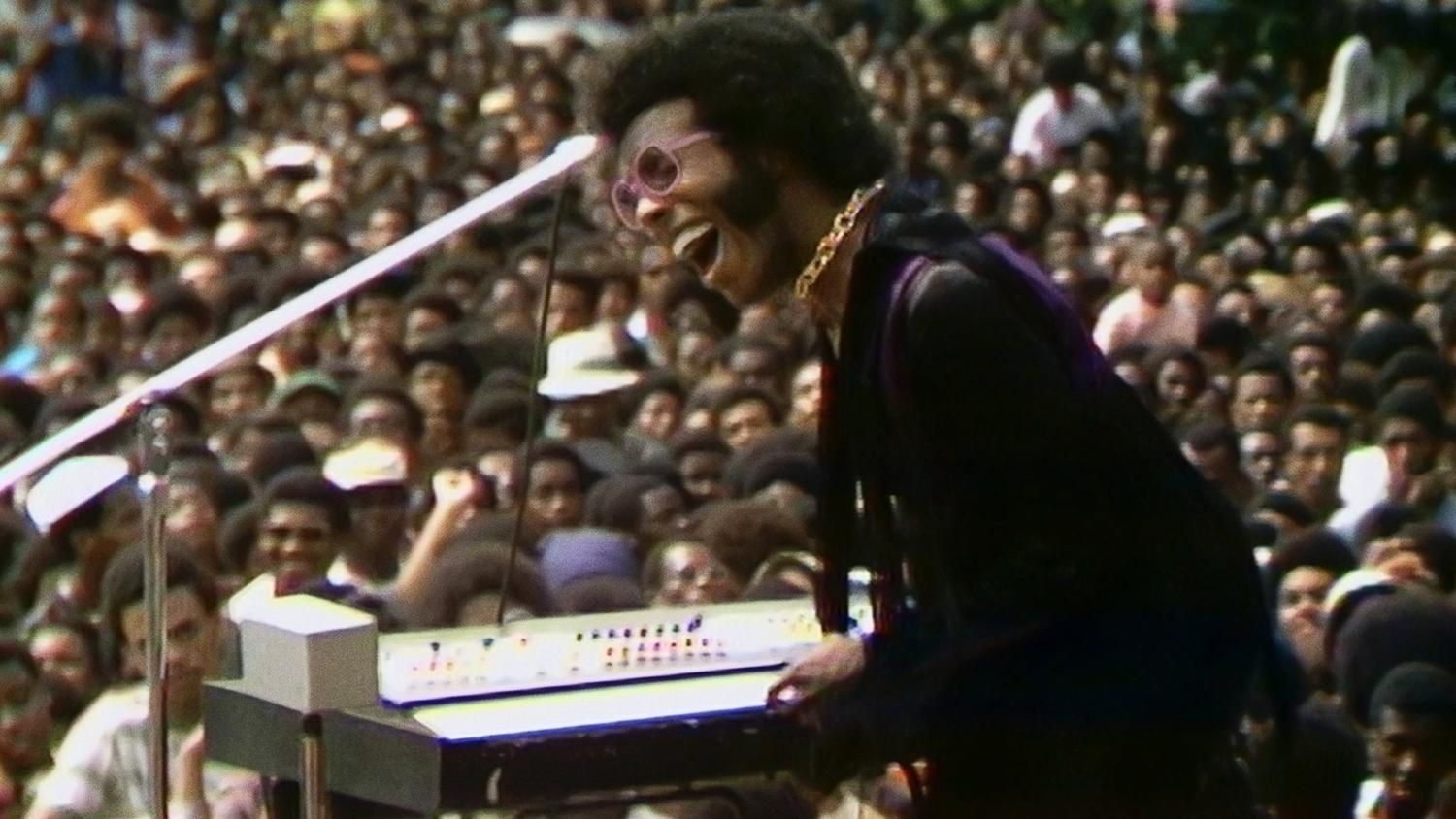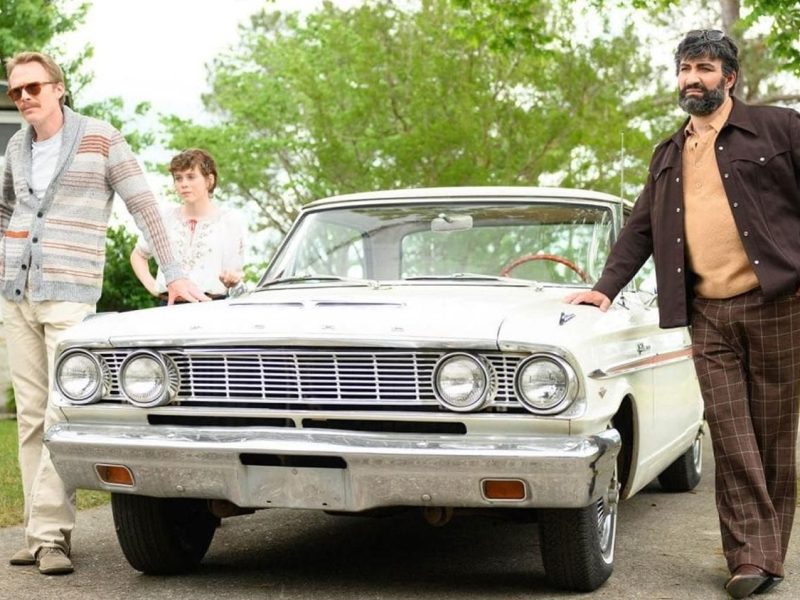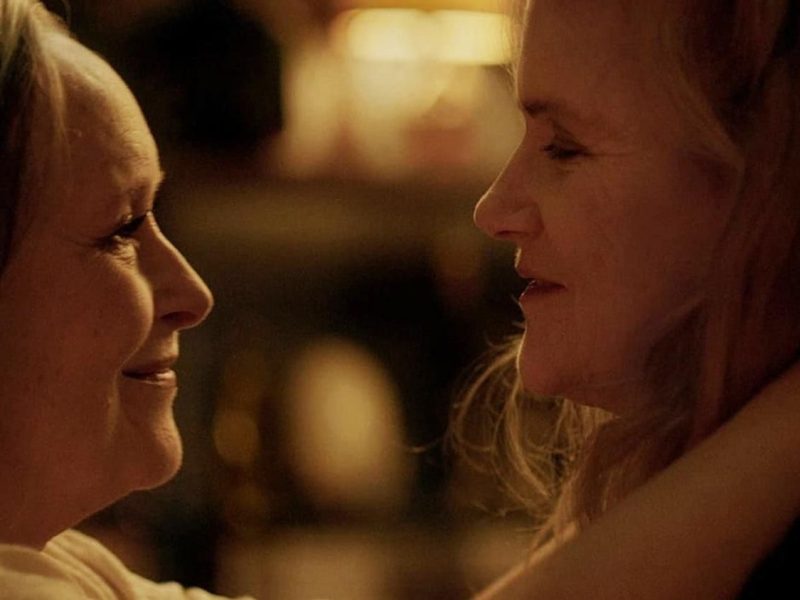Summer Of Soul (…Or, When The Revolution Could Not Be Televised) Review
With beautifully restored footage, which was hidden in a basement over 50 years The film summer Of Soul (…Or, when the Revolution Wasn't Televised) clearly depicts The Harlem Cultural Festival, often called the "Black Woodstock," because it was an event that was a snub by the establishment that didn't want to take place. A labor of love for director Questlove who is best known as the ringleader of Jimmy's House band The Roots, the resulting film is a crucial piece of history and culture as well as a manifestation of Black joy, and possibly the most memorable concert you'll ever attend.
From the very beginning, Questlove quickly sketches the background to the event in a period when American society had been defined by racism conflict as well as youth Black Americans being sent to Vietnam to be cannon fodder criminal killings, and the largely voiceless voices of the marginalized due to the distrust of police, the organisers of the festival employed the Black Panthers for security. In Harlem the era of the plight of the poor and hardships were prevalent and the priority was different from the other cities in the US. In the same year, as the moon landing, when a television reporter asks Neil Armstrong's huge steps, one festival goer simply states, "I couldn't care less." The film clearly shows Harlem could have been burned down to the floor without any balm from the event.
Beyond just fantastic musical compositions, Summer Of Soul captures an exact transition point.
This is the place where Summer Of Soul thrives, with never-before-seen performances from some of the greatest performers, with captivating sets from such artists as Stevie Wonder, Gladys Knight & The Pips, David Ruffin and the gorgeous Nina Simone. Questlove performs in mini-portraits that show where the performers were when they were performing -The 5th Dimension were delighted to perform Harlem since everyone believed they were black — and makes use of a clever tactic of showing both the attendees and the performers video footage of the event enjoying their excitement or crying. The musical highlight will be Mahalia Jackson, and Mavis Staples' hair-raising performance of 'Take My hand, Precious Lord", Martin Luther Kings Jr's favorite song. For Staples she was overwhelmed to perform alongside her idol. For the audience, it's an occasion of spiritual healing.
Beyond just great musical performances, Summer Of Soul captures an important moment in time at a point in time when Black Americans were beginning to embrace Afrocentric style (dashikis as well as Afros) as well as the word Negro was dropped symbolically to make way for the term Black. When the people who were leaders in the Civil Rights movement were being murdered in droves and the vibrant, well dressed performers at Harlem Cultural Festival Harlem Cultural Festival emerged as heroes from the dust. Questlove offers space to Charlayne Hunter-Gault, one the two first Black college students to attend the University of Georgia in 1961 which was being harassed by white girls living in the dorms above her, pounding on the floor. She was able to survive it all through being a fan of Nina Simone. Being young, talented as well as Black was to be a the possibility of being targeted however like Summer Of Soul proves, it also meant that you had music as the most powerful weapon.


